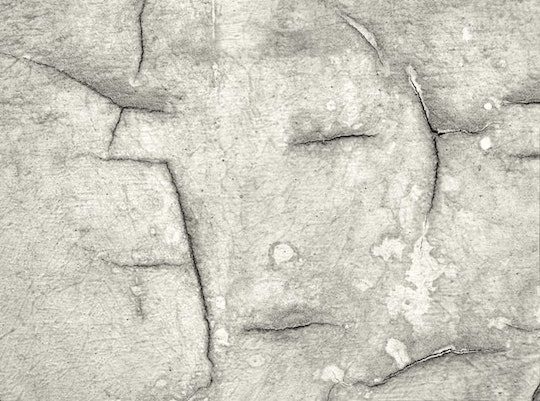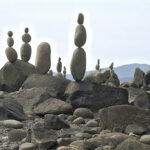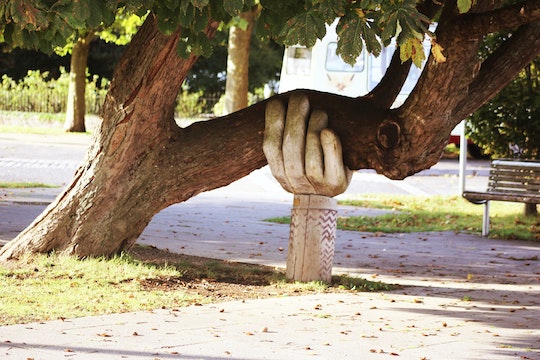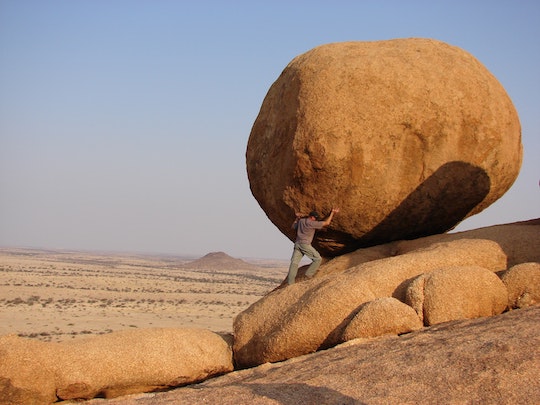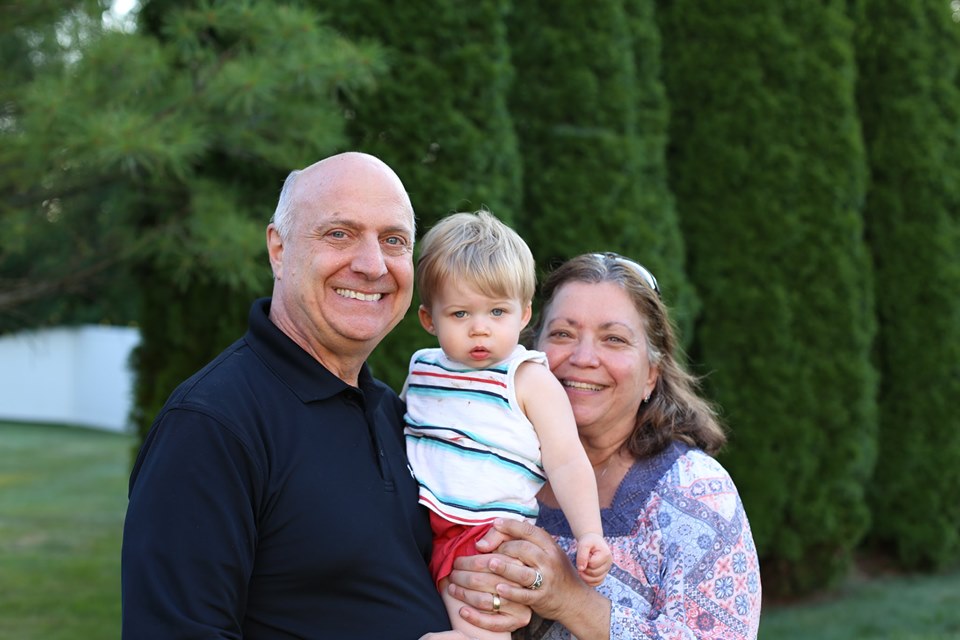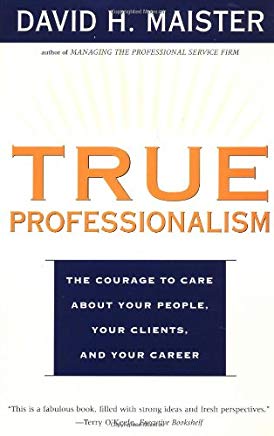What are your unique qualities and how do you honor them?
—Calm App Reflection
To what degree are you your own worst critic?
How often do you drone on to yourself and others and see yourself as inadequate?
In what areas are you simply not (fill in the blank) enough to meet your own standards or the bar set for you by the world?
Although this kind of thinking can sometimes spur us on toward greater achievements, it most often keeps us small and causes us to hide, limiting ourselves and the contributions we could make.
EXERCISE:
Who are the people that know you best? Ask them to share and acknowledge your most unique and positive qualities.
How can and will you embrace and honor those qualities and lower the volume on your inner critic?
Three books that can help you honor your unique qualities are:
Taming Your Gremlin by Rick Carson
Now Discover Your Strengths by Marcus Buckingham and Don Clifton PhD
Originals by Adam Grant




